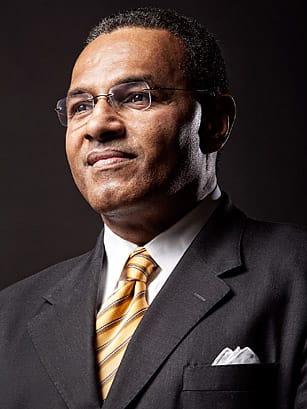Opinion: Colleges should not restrict acceptance of AP credits

Many high school students want to get ahead of the game for college by taking lots of AP courses. It’s practical, cheap, and lets you skip a few college courses, saving money on tuition. Overall, it looks good on applications and is a good way to get a head start on college.
However, some colleges have stopped accepting AP credits, citing that high school AP courses don’t “emulate real college courses.” Among top colleges and universities, a huge 86% restrict use of AP credits. According to CNBC, Paul Weinstein, director of Johns Hopkins University’s graduate program, assessed the rules of the top 153 colleges and found that over three-fourths limited which AP subjects they accept, and 38% limited the number of AP credits given per student. Even further, many only accept a 5.
There’s no definitive list of which colleges do and don’t accept AP credits, but Colombia, Brown, and Dartmouth have all stopped entirely. This automatically makes any AP credits that you apply with invalid. Basically, you went through a yearlong struggle for nothing. While many colleges still do accept AP credits, the list of prestigious private colleges (often the very colleges that AP students are hoping to attend) that don’t is growing.
This policy is unfair to students who have worked for three or more years to get through college faster. AP classes require a rigorous level of study and skill, and they’re graded more harshly. While this may be a good thing to prepare for the challenges of college, students should also be sure that their hard work will pay off for whatever college they choose to attend. Many students are being discouraged by these policies and are choosing not to take AP classes.
Another challenge this presents is a financial challenge. Typically AP students take these courses so that they can skip anywhere from a few courses to an entire year of college. Therefore, college is less expensive because they have to attend for less time. These new policies present a challenge to lower-income students who may take AP classes to avoid some of the financial burden of college. Especially today, when college and university tuition is high, having AP credits restricted makes college more expensive, longer, and overall more of a strain on the student.
While the number of colleges that do accept APs outweighs the number that don’t, most top colleges and universities restrict APs to some degree. When students don’t know for certain their hard work will pay off, they might stop signing up for them all together.




